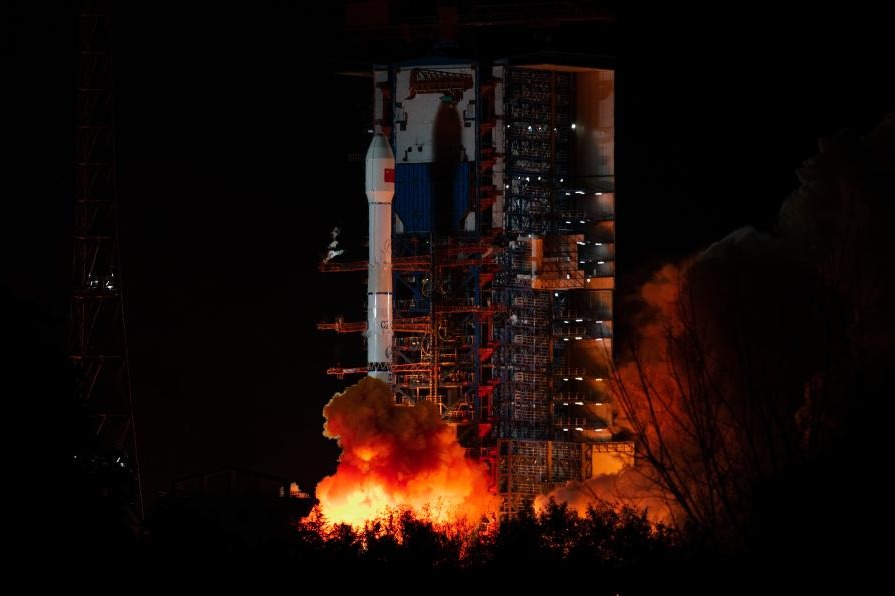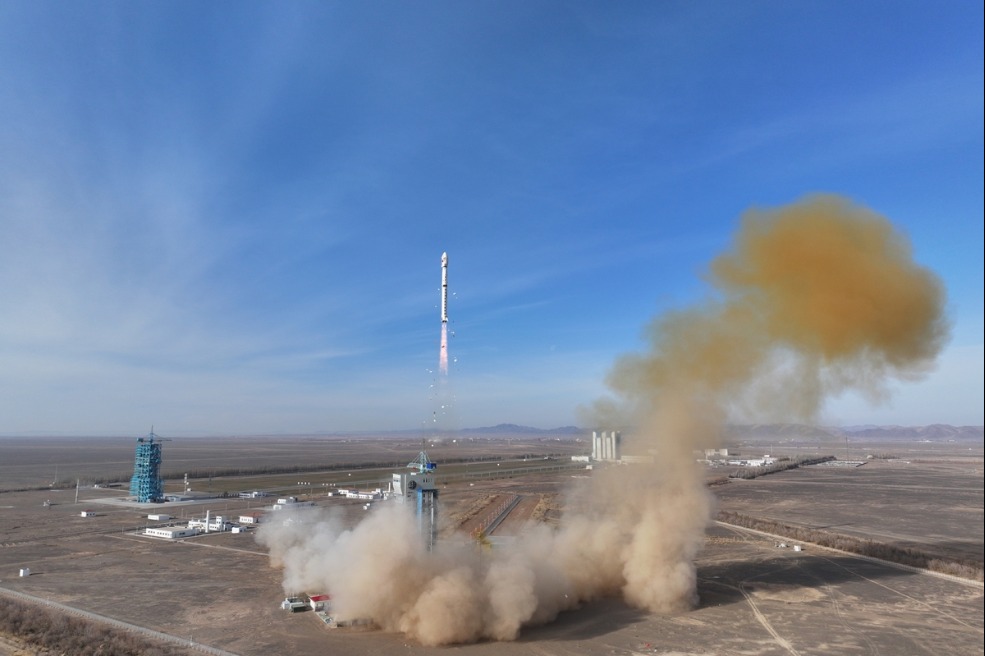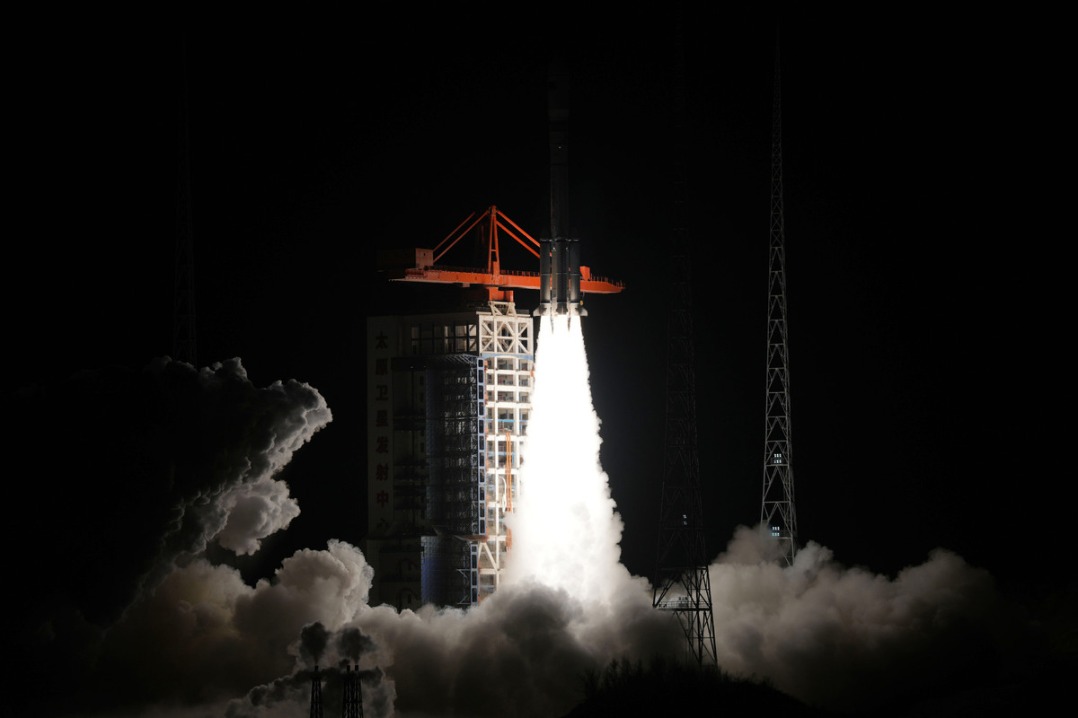Virtual assets what the future holds


Different perspective
Some industry experts, however, remain skeptical about the prospects for cryptocurrency trading in Hong Kong. "I don't necessarily see it as a sort of game changer in the long term," said Muneeb Jan, an independent fintech analyst. He said the growing demand from investors came after speculation that both the private sector and retail investors would like to have a share of the market. "Apart from that, I don't think there is much of an impact on Hong Kong's industry."
However, Jan said he believes that blockchain, which underlines the cryptocurrency trade, will become a "revolutionary player".
"If you talk about blockchain technology and the whole wider ecosystem emerging from it, I think there is a fundamental impact on Hong Kong, which is at the center of these technologies."
The digital trading trend has created one of its most noticeable financial concepts — security token offerings, or STOs — which are akin to initial public offerings in stocks trading. They provide companies a fundraising channel by using blockchain technology. STOs are regulated offerings of securities products in a blockchain environment. A token is a digital representation of ownership of illiquid or real-world assets, such as gold and real estate; or economic rights, like a share of revenue or intellectual property. STOs also allow flexibility in splitting illiquid assets into smaller tradable fractions in the form of tokens. Therefore, sellers might be able to raise money without selling their entire assets.
"If a company wants a faster and cheaper way to raise funds, an STO is very helpful," said Tong. "Compared with traditional IPOs, it's faster in the sense that you don't need all the documents, such as a three-year earnings report, especially when you are starting up a platform. That is why you need crowdfunding."
Under existing regulations of Hong Kong Exchanges and Clearing — the city's bourse operator — a company's listing on the main board requires a review of its financial track record for three years and fulfilling certain profit and market capitalization requirements, while a listing on the Growth Enterprise Market calls for similar requirements over two years.
Hong Kong was ranked as the world's top IPO destination in seven of the past 12 years in terms of funds raised, according to the HKEX.
Regarding the complexity between innovation and regulations, companies in the public sector may need to take a cautious approach to strike a delicate balance between them. "One good approach is the 'sandbox method'," Tong said. The method allows for the pilot testing of new technologies or products by providing a simulated environment to innovators or companies. "If things work out, then you can apply it on a bigger scale."
As for the possibility of including retail investors in virtual assets trading, Wang said comprehensive knowledge of the products and concepts is the prerequisite for investors to jump in. "If an investor has adequate knowledge and tools to realize or monitor the trading, or assess possible risks, I think digital assets with simple structure products can be tried out as a test," he said.
"I think the government should take the lead in introducing regulations governing anti-money laundering and counter financing of terrorism and in creating industrywide standards on compliance and security," Wang said.
He said regulators should exercise greater flexibility in allowing the type of assets that can be traded on the market. "For a trading platform like ours, if we can have more freedom in choosing what assets to be listed on our platform, it will be a very healthy signal to the market to encourage more enterprises in Hong Kong, on the mainland or elsewhere in Asia to test the water," Wang said.
Jan said he believes that decentralized finance platforms, which do not rely on brokerages, exchanges or bank to offer traditional financial instruments and instead use smart contracts on blockchains, and the logistics industry could have strong potential. "You can have the functions of an exchange geared to using blockchain," he said.
"Given the number of handshakes involved in the global supply chain and global trade, decentralized finance platforms could provide a significant efficiency boost for total supply chains," he added.
However, the decentralized finances market is still several years away from maturity, Jan said.
"It's really very much a green area, but you will see a lot of work, a lot of venture capital flowing into it. There is genuine enthusiasm there," he said, adding that Hong Kong has an edge as a predominant financial hub with a talent pool in cultivating a blockchain ecosystem.
"It helps if you have a lot of human capital and an enthusiastic blockchain community. I think the government should encourage a vibrant community and a vibrant ecosystem around this."
- 'Trend' voted word of 2025 across Taiwan Strait
- China issues policy paper on Latin America and the Caribbean
- Share your views on 2026 China's Government Work Report
- HKSAR's 8th LegCo tasked with fostering Hong Kong's development: LegCo president
- Symposium on study, research of Xi Jinping Thought on Diplomacy held in Beijing
- China announces two mandatory national standards for civil drones




































